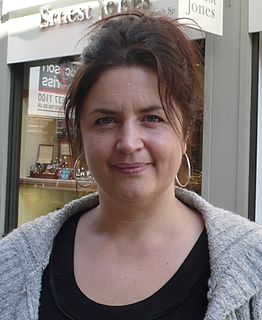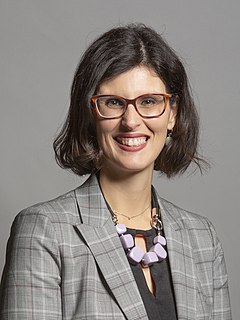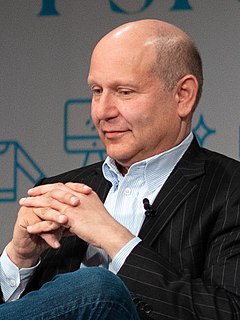A Quote by Oliver D. Crisp
I do think that I have been fortunate to make friendships with other scholars, and form reading groups where ideas are exchanged and papers are read. That is a real boon, and it is something I think every scholar or writer can benefit from.
Related Quotes
I've learned mainly by reading myself. So I don't think I have any original ideas. Certainly, I talk about reading Graham. I've read Phil Fisher. So I've gotten a lot of my ideas from reading. You can learn a lot from other people. In fact, I think if you learn basically from other people, you don't have to get too many new ideas on your own. You can just apply the best of what you see.
A writer writes a book. People read it. You don't know what they're reading, really. You read a review and think, "That is so inaccurate. You can't have been reading my book with any kind of attention, because that is all wrong, that's even the wrong name you're including there." But these reviewers have been diminished in importance, the work is so little respected. If you're reviewed by a real critic, by James Wood or Louis Menand, then you get something that is informed, interesting, and highly articulate. But the average review doesn't have that kind of depth anymore.
I learned to write from reading. I had no writing classes. It's part of my thinking as the writer-author, reading, but then I also want to bring this into my characters, who also read and think. There's that great quote from Virginia Woolf - it's very simple: "...books continue each other." I think when you're a writer, you're also, hopefully, a reader, and you're bringing those earlier works into your work.
It's not possible to advise a young writer because every young writer is so different. You might say, "Read," but a writer can read too much and be paralyzed. Or, "Don't read, don't think, just write," and the result could be a mountain of drivel. If you're going to be a writer you'll probably take a lot of wrong turns and then one day just end up writing something you have to write, then getting it better and better just because you want it to be better, and even when you get old and think, "There must be something else people do," you won't be able to quit.
I'm kind of a creature of the alt-weekly universe - my real education into higher culture was acquired in coffee shops, reading those papers, digging into that lively mishmash of opinion for drift, a sense of what to see, what to hear, what to read, etc. - and I'd like to think that scene's still vital, although I understand there's been a fair amount of conglomerating, which would seem to undercut its radical roots, its funky local flavor. I'd encourage any writer with an eye for life and an ear for prose to give it a try. You can work out your chops just fine in newsprint.
No one can teach writing, but classes may stimulate the urge to write. If you are born a writer, you will inevitably and helplessly write. A born writer has self-knowledge. Read, read, read. And if you are a fiction writer, don't confine yourself to reading fiction. Every writer is first a wide reader.
No one can teach writing, but classes may stimulate the urge to write. If you are born a writer, you will inevitably and helplessly write. A born writer has self-knowledge. Read, read, read. And if you are a fiction writer, dont confine yourself to reading fiction. Every writer is first a wide reader.
We're living history all the time, in the papers, in the news, you think about stuff and it goes into your brain and you think about it and it comes out somehow. You have an idea; you've heard a phrase, or you're angry, or something disturbs you, or something seems paradoxical to you, you explore that idea, much like a writer would explore maybe an idea through metaphor. Maybe artists use their vehicle to explore ideas, so I think the things that interest me are the kind of idea of continuous change and how nothing stays the same and it's always disintegrating into something more.
































